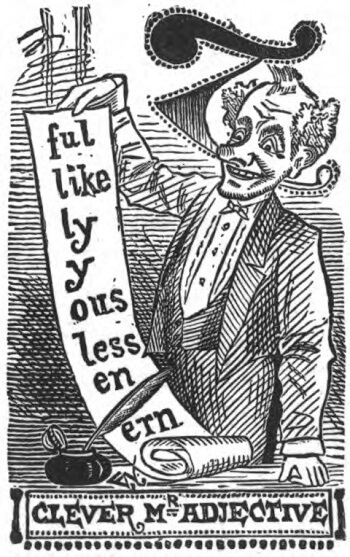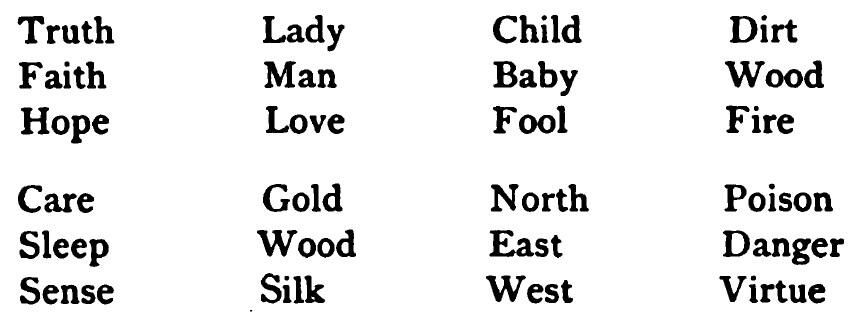 Grammar-Land
Grammar-Land
Grammar-Land
Grammar-Land


 Grammar-Land
Grammar-Land
Grammar-Land
Grammar-Land

Over the two weeks:
Activity - Week 1: Help Mr. Adjective 'Steal' from Mr. Noun
Review the following endings that can added to nouns to make them adjectives.

Use the list of endings to convert the following nouns into adjectives.

Activity - Week 2: Help Mr. Noun 'Steal' from Mr. Adjective
Add 'ness' to end of the following adjectives to turn them into nouns.